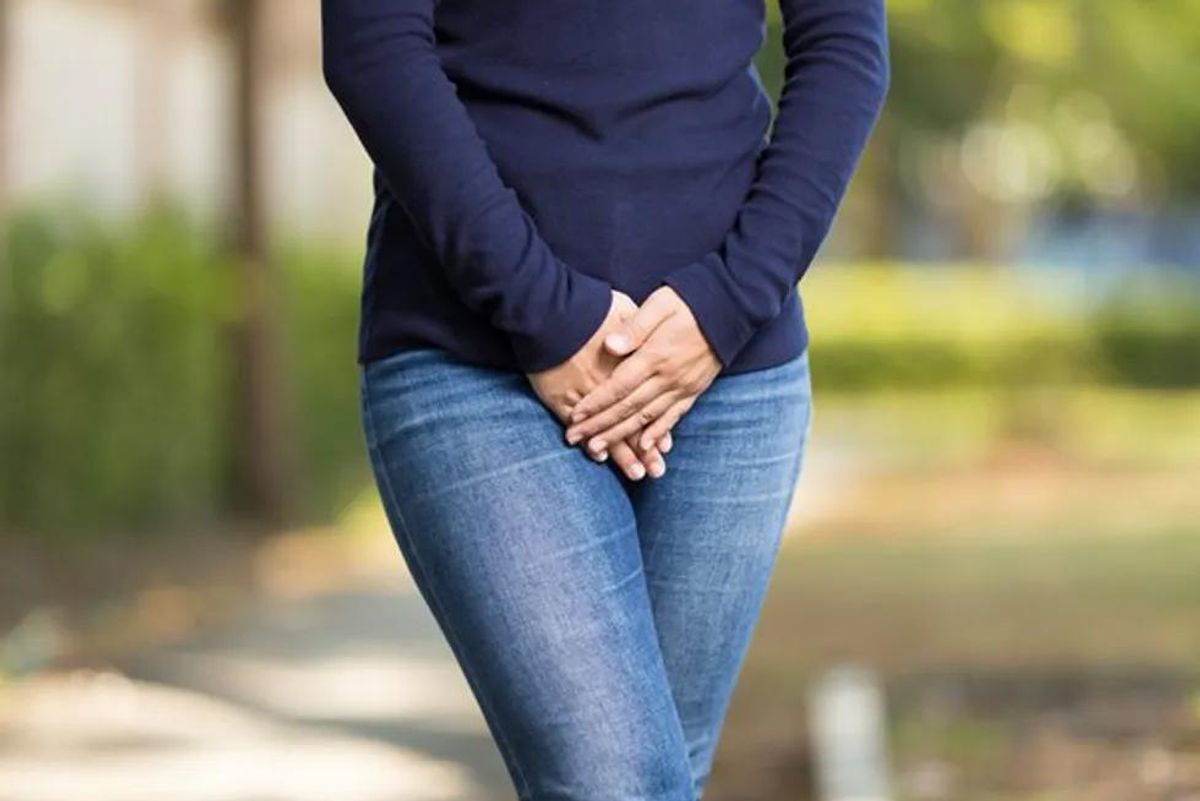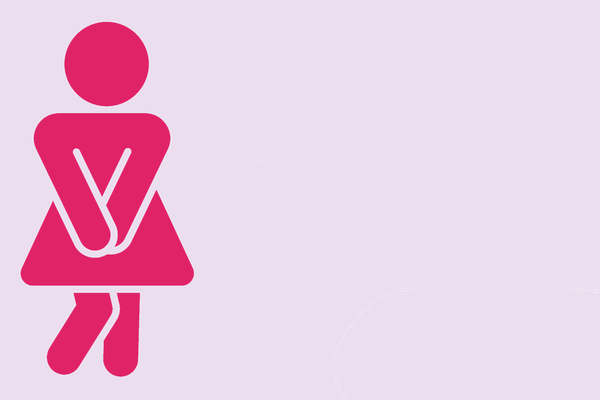You are likely busy thinking all about the upcoming holiday celebrations. Cooking, eating, friends, families—it's an exciting and busy time for many of us.
But are you taking the time to think about your bladder?
Probably not. Most people don't—until they have a problem. But this month is a good time to think about that pear-sized sac in your pelvis that stores your urine.
November is Bladder Health Awareness Month and an opportunity to explore bladder issues. What's normal and what's not? What should you look out for? What are the signs of trouble?
A normal bladder can hold up to two cups of urine. That sounds like a lot, yet why do some people run to the bathroom more often than others? That depends on how quickly your kidneys work to produce the urine that fills your bladder. It also depends on how much liquid and food you consume, certain medical conditions and medications and your age (children typically produce less urine than adults).
And it depends on other things, too. There are many common conditions that can affect your bladder. For example:
It may be cystitis if you have:
- Acute or chronic pain or discomfort
- A stubborn and persistent urge to urinate
- Difficulty with urination or passing small and frequent amounts
- Blood in your urine
- Discomfort in your pelvic area or pressure in your lower abdomen
- Urine that's cloudy or smells strong
- A low-grade fever
It may be urinary incontinence if you have:
- Urine loss when you cough, sneeze, laugh, exercise or lift a heavy item
- An overwhelming and sudden urge to urinate (and you sometimes don't make it to the bathroom in time)
- Repeated or constant trickling of urine (because your bladder doesn't empty completely)
- A need to constantly urinate, even throughout the night (waking up two or more times a night)
It may be bladder stones if you have:
- Pain in your lower abdomen
- Frequent urination
- Burning during urination
- Blood in your urine
- Urine that is cloudy or unusually dark
- Trouble urinating or interrupted urine flow
It may be overactive bladder if you have:
- A sudden and overwhelming urge to urinate immediately
- Frequent bouts of urination (eight or more times a day or two or more a night)
- Urine leakage after you feel the urge to urinate
It may be bladder cancer if you have:
- Blood in your urine (urine can appear bright red or the color of cola, or the blood may only be evident when urine is examined under a microscope)
- Changes in your bladder habits
- Lower back pain or pain on one side
- An inability to urinate
- Pain while urinating
- Pelvic pain
It's important to know that bladder issues can be treated. Don't be embarrassed to talk with your health care professional if you're concerned that there may be a problem. You're hardly alone: Many women (and of course men, too) experience bladder issues at some point in their lives.
And keep in mind that there are some foods and beverage that can irritate a sensitive bladder—among them alcohol, caffeine, pineapple, apples, plums, lemon juice, sour cream and strawberries. Click here for a complete list.
Enjoy this Thanksgiving recipe for stuffing, compliments of the Urology Care Foundation, perfect for even the most sensitive of bladders.






